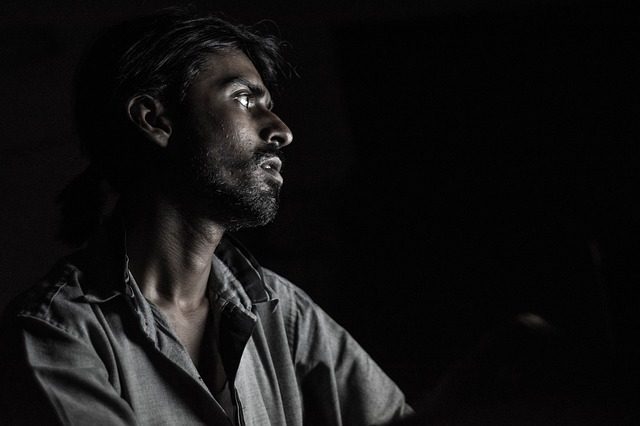Fr. Maverick of Caritas Goa recently announced that Caritas plans on starting a full-fledged centre for children and adults diagnosed with deaf-blindness. The centre will be equipped with sensory rooms, a sensory garden, classrooms, facilities for physiotherapy, speech therapy, occupational therapy, water therapy and medical support. It will be a one of its kind in India, designed as per international standards and offering the entire spectrum of facilities under a single roof. The authorities have recognized Duler, Mapusa as a potential location for the centre.
Anuradha Bagchi, deputy director of the Training Centre for Teachers of the Deafblind at the Helen Keller Institute for Deaf and Deafblind stressed on the importance of early intervention among children with deaf-blindness. Most families have a hard time digesting the fact that their child has a disability and fail to seek any help. Mostly they seek help when the child is above six years old. Seeking help in the developing years of a child’s life increases the potential and development of the child.
Deaf-blindness is a combination of vision and hearing loss. It is a unique disability which creates challenges in relation to communication, mobility and access to information. Such a deficiency can leave a child feeling isolated from the world. Such children also tend to develop additional physical, sensory and learning difficulties.
While awareness of deafblindness is growing in urban areas, it is still lacking in rural India, Bagchi said, while addressing Anganwadi workers, pediatricians and ophthalmologists from Goa Medical College, Hospicio and Asilo hospitals and at a state-level training on deaf-blindness
Majority of the deaf-blind children have residual vision and residual hearing. Only in rare cases is the child completely deaf and blind. Bagchi said it is up to the child’s parents and special educators to work with this residual vision and hearing and build on it.
‘Imagine a World without Light, Sound, Colour and Music. This is the World of the Deafblind’ said Anuradha Bagchi
Children and young adults diagnosed with deaf-blindness tend to get frustrated due to isolation. It is important to involve them in activities at home and outdoors. When they are in the presence of other children they are thrilled. This also enhances their social skills and helps mould them into good young adults.
Caritas Goa along with Sense International India began identifying deaf-blind in the state in 2012 and special educators presently work with children and young adults at their homes and at a special resource centre at Caritas Holiday Home in St. Inez.
In some cases, children and young adults were found to be confined to their beds and rooms for a number of years. “We were able to pull them out from their homes. They were stagnating not because they are not capable, but because there were no opportunities available for them,” director Caritas-Goa, Fr Maverick Fernandes said.
The young adults have been engaged in making candles and various artifacts, but Maverick says that the children’s abilities can be put to better use. “We want them to go beyond making rakhis and agarbatis and raise the standard of income generation. We will start a lunch tiffin service managed by the deaf-blind and their parents which will provide them with a fixed income and support entire families,” he said.
Four deaf-blind adults and four parents from the lower economic strata have recently received basic training to prepare for the new venture where they will handle everything from cooking to the delivery of tiffins in and around the Capital city.


